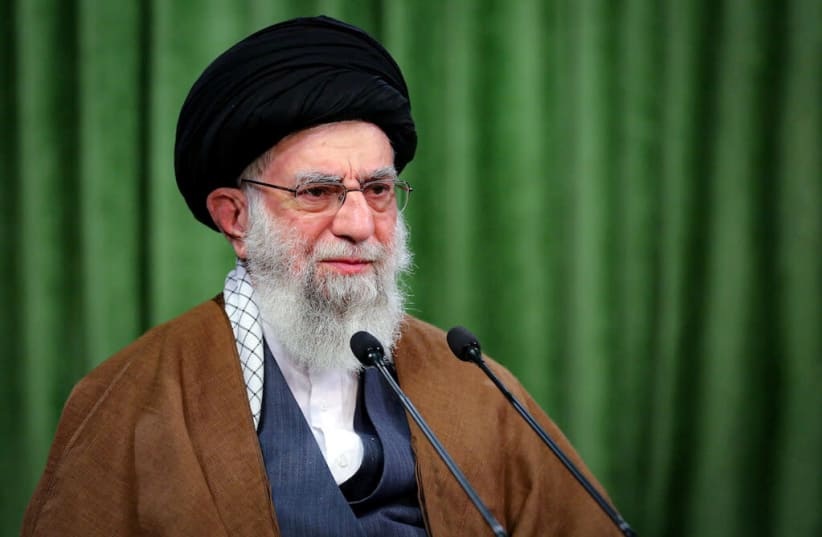New US Secretary of State Antony Blinken reaffirmed on Wednesday President Joe Biden's policy that Tehran must resume complying with curbs on its nuclear activity under the deal before the United States rejoins the pact abandoned by former president Donald Trump.
"Reality check for @SecBlinken: The US violated JCPOA -blocked food/medicine to Iranians -punished adherence to UNSCR 2231. Throughout that sordid mess, Iran -abided by JCPOA -only took foreseen remedial measures," tweeted Mohammad Javad Zarif.
The JCPOA is the nuclear deal's official acronym, and Zarif was again accusing Washington of having illegally barred humanitarian imports to Iran after Trump reimposed sanctions on Iran, while Tehran had breached limits on uranium enrichment activity only in response to Trump's repudiation of the accord.
"Now," Zarif tweeted, "who should take 1st step? Never forget Trump's maximum failure."
The 2015 accord lifted sanctions on Iran in return for curbs to its disputed nuclear program but after Trump's withdrawal, Iran violated its conditions in a step-by-step response to Trump’s "maximum pressure" policy.
Iran has repeatedly said it can quickly reverse those violations if US sanctions are removed.
In December, Iran's hardline-dominated parliament passed legislation that forces the government to harden its nuclear stance if US sanctions were not eased within two months.
Earlier this month, Iran resumed enriching uranium to 20% fissile strength at its underground Fordow nuclear plant, a level Tehran achieved before the 2015 accord.
It had earlier breached the deal’s 3.67% limit on the purity to which it can refine uranium, but it had only gone up to 4.5% so far, well short of the 20% level and of the 90% needed to fuel an atomic bomb.
The new law also obliges Iran's Atomic Energy Organisation to produce 120 kilograms (264.55 pounds) of 20% enriched uranium annually. However, parliament speaker Mohammad Baqer Qalibaf said on Thursday Iran had exceeded the timetable by producing more than 17 kilograms within a month.
